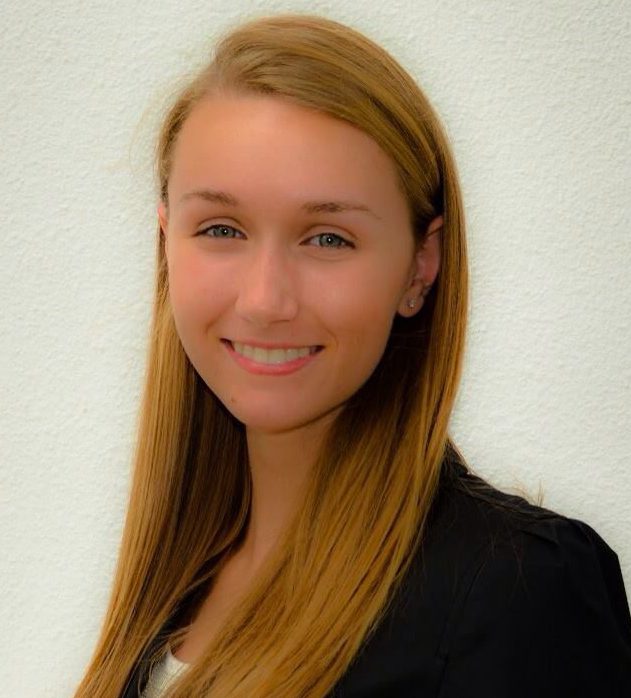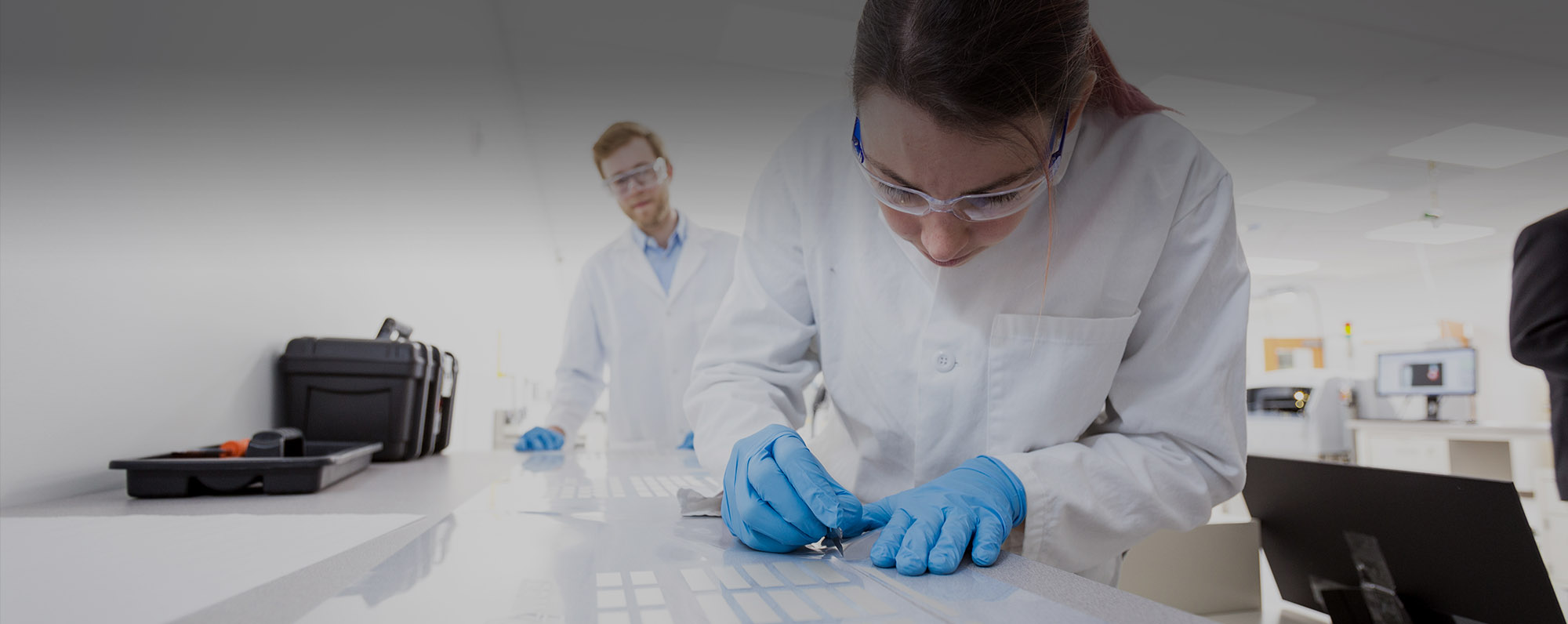
During the award period I will experiment on how temperature and pressure changes within the supercritical phase effect nanoparticles and presence of toxic products. Then, I will simulate the reaction to define ideal operating conditions for desired material properties. Nanomaterials are used in many clean energy applications ranging from thin films and solar cells to photocatalysts. Current processes often suffer from low production rates, process control issues, scalability, and cost. The single step continuous hydrothermal method is a promising advancement. While practical engineering applications of this research include several important directions, there is a need for understanding the fundamental principles of particle formation in a supercritical environment. Additionally, Raman spectra has shown decreased presence of toxic organic solvent precursor materials. Eliminating such reagents further improves the process to be compatible for sustainable chemistry. My motivation comes from the fact that understanding the formation can enable large scale clean energy technology.
Advisor Igor Novosselov – Mechanical Engineering



